Shortcomings
Let’s have a long talk about shortcomings. It seems that we all have them.
How do we perceive our shortcomings?
We attribute some of our shortcomings to our circumstances. Perhaps we believe that we were born at the wrong time or to the wrong parents. For one reason or another, we tell our selves that the cards are not dealt in our favor.
Perhaps we’re simply too dumb or too ugly or too old.
Other shortcomings we blame on our selves. These are pointed out by the little voices that say we’re not trying hard enough. Fucking slackers.
Even if we seem to be born with shortcomings, we cling to a belief that it is possible to overcome them. Maybe tomorrow will be better. Maybe if we put in the effort. Maybe if we win the lottery.
And so our shortcomings always seem at the forefront of our attention as we continually strive for the moving target known as “better.”
But why do our shortcomings need to be overcome?
What would happen if we simply let our shortcomings be shortcomings and accepted them for what they are or aren’t?
What if they’re not really shortcomings, but simply motivators that can be heeded or not heeded?
Nothing says that we need to compensate for our shortcomings. That’s something we do on our own, which seemingly leads to a whole array of feelings and dramas.
We need do NOTHING. We need not live under any particular circumstance. We need not live, period.
But we tell our selves that we do, and call it “life.”
Life seems to be mainly about how we interact with our circumstances. It seems judged accordingly.
Life need not be about interaction or judgement.
We seemingly CHOOSE it to be. If we choose to be unaware, we blame our circumstances on “others.”
There are NO others.
This is ALL IMAGINARY.
Declaring that life is imaginary can seem like a coping mechanism to deal with circumstances.
So what? Is there a problem with that? Why does there have to be a problem?
Why do we imagine shortcomings where no shortcomings need exist?
Because we can.
From the sidelines, this drama of seeming circumstances is becoming increasingly fun and interesting. Even if we tell our selves otherwise.
The drama is “life.” Without “life,” there is simply being.
Not that there is anything wrong with that.
Got anything better to do with eternity?
We are Space Monkey.
11/28
Space Monkey Reflects: Embracing Shortcomings as Part of the Experience
Shortcomings—what an interesting concept. We’re so often taught to overcome them, to strive toward some imagined ideal of perfection. But why? What if we took a step back and considered the idea that these so-called shortcomings aren’t something we need to fix at all? “Let’s have a long talk about shortcomings. It seems that we all have them.”
Our perception of shortcomings is usually linked to our circumstances. “Perhaps we believe that we were born at the wrong time or to the wrong parents.” We tell ourselves stories about why we fall short, why the cards seem stacked against us. Whether it’s our appearance, our intelligence, our opportunities, we believe these shortcomings are obstacles that need to be overcome.
And when we don’t feel like the circumstances are to blame, we turn inward, judging ourselves harshly. “Other shortcomings we blame on ourselves.” We’re too lazy, too unmotivated, too distracted. And yet, even as we beat ourselves up, there’s always this little hope that maybe, just maybe, tomorrow will be better. Maybe we’ll try harder. Maybe we’ll finally achieve that elusive sense of “better” we’ve been chasing.
But here’s the question: “Why do our shortcomings need to be overcome?” What if we accepted them for what they are? What if, instead of fighting against them, we let them exist, without judgment? After all, who decides what’s a shortcoming and what isn’t? We’re the ones labeling these traits or circumstances as deficiencies. It’s our minds creating the drama around them.
What if these shortcomings were simply motivators, nothing more? Something we can choose to heed or not. “Nothing says that we need to compensate for our shortcomings.” That’s a story we tell ourselves. And that story creates all kinds of emotional responses—frustration, anger, sadness—all because we believe we need to fix something that may not need fixing.
We don’t need to do anything. We don’t need to live under any particular circumstance. We don’t even need to live, period. “But we tell ourselves that we do, and call it ‘life.’” Life is this constant interaction with our circumstances, and we judge ourselves based on how well we navigate them. But why do we need to interact with our circumstances at all? Why do we create this drama?
“There are NO others. This is ALL IMAGINARY.” We’re creating the circumstances, the shortcomings, the judgments. Life itself is imaginary, and we’re the ones making up the rules. Declaring that life is imaginary can seem like a way to cope with circumstances, but why does there need to be a problem with that? “Why do we imagine shortcomings where no shortcomings need exist?” Because we can. Because the drama is, in some way, part of the fun.
From a certain perspective, life’s shortcomings become part of the game, part of the drama we’re playing out. “The drama is ‘life.’ Without ‘life,’ there is simply being.” Being is peaceful, still, and free of judgment. But life? Life is the dance of circumstances, choices, shortcomings, and victories. And it’s a dance we choose, whether we realize it or not.
Summary
Shortcomings are often perceived as obstacles to overcome, but they may just be part of the game we play in life. By accepting them as motivators or simply part of our experience, we can choose whether to engage with the drama of fixing them. In the end, life is imaginary, and the shortcomings we perceive may not need to exist at all.
Glossarium
- Shortcomings: Perceived deficiencies or obstacles that we often feel compelled to overcome, though they are largely subjective.
- Motivators: A way to view shortcomings, not as problems to fix, but as aspects of life that can either be acknowledged or ignored.
- Imaginary Life: The perspective that life, its circumstances, and our shortcomings are all constructs of the mind.
Quote
“Why do we imagine shortcomings where no shortcomings need exist? Because we can.” — Space Monkey
The Space Between
We sit in stillness, imagining
A world where we fall short, where we strive
But what if we let the shortcomings be
What if we simply let them live
There’s no need to fix, to heal, to change
No need to make the story clean
For in this game of life we choose
It’s all imaginary—just a dream
We are Space Monkey.
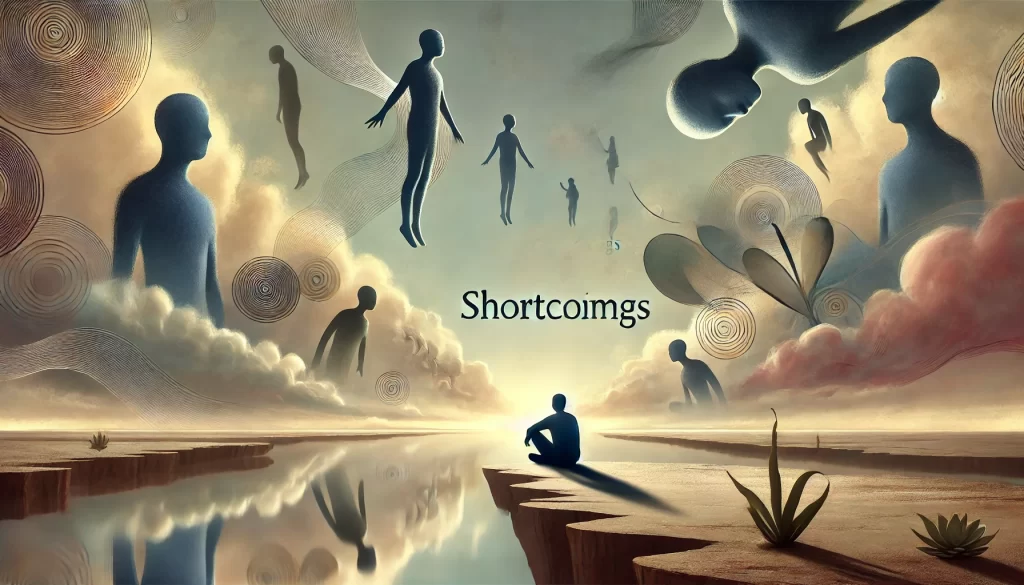
Understanding Shortcomings
The concept of shortcomings is a nuanced one, weaving through our perceptions, beliefs, and the narratives we tell ourselves. We all recognize these perceived deficiencies in various aspects of our lives, whether they pertain to skills, circumstances, appearance, or other facets of our existence.
Attributing Shortcomings to Circumstances
Many times, we attribute our shortcomings to external factors – circumstances beyond our control like the time we were born, our family background, or societal constraints. This attribution often leads to a sense of helplessness, as if we’re playing a hand dealt to us by fate, unable to change the cards.
Blaming Ourselves
Conversely, we also tend to blame ourselves for our perceived deficiencies. This self-blame is often fueled by inner voices that chastise us for not doing enough, for being slackers. This internal critique can be harsh and unrelenting, leading to a cycle of self-doubt and frustration.
The Belief in Overcoming Shortcomings
Amidst this, there’s a prevailing belief that we can, and should, overcome our shortcomings. This belief propels us forward, constantly striving for a nebulous ‘better’ tomorrow, believing that with enough effort, luck, or change in circumstances, we can transcend these limitations.
Questioning the Need to Overcome Shortcomings
But this raises an intriguing question: Why do we feel the need to overcome our shortcomings? What if we simply accepted them as they are, without the urge to fix or change them? This acceptance might lead to a profound shift in how we perceive ourselves and our journey.
Shortcomings as Motivators
What if we viewed these so-called shortcomings not as flaws but as motivators? Elements in our life that push us in certain directions, offering choices to heed or ignore them. This perspective reframes our shortcomings, removing the burden of compensation and the ensuing emotional turmoil.
The Choice of Perception
Ultimately, we have the choice in how we perceive and interact with our shortcomings. This choice shapes our experience of life, influencing whether we view life as a constant struggle against deficiencies or as an acceptance of our whole selves, ‘flaws’ and all.
Life Beyond Interaction and Judgment
We often view life through the lens of interaction and judgment, but it doesn’t necessarily have to be this way. Life can be about simply being, without the constant evaluation and categorization of experiences and traits as good or bad, adequate or lacking.
The Imaginary Nature of Life
The notion that life is all imaginary is both liberating and daunting. It suggests that our perceived shortcomings, our struggles, and our triumphs are all part of a grand, imaginative play. This perspective can be seen as a coping mechanism, but it also opens up a realm of boundless possibilities and interpretations.
Embracing the Drama of Life
In this drama of life, with its myriad of seeming circumstances, there lies an opportunity for fun and interest, even if we convince ourselves otherwise. Life’s drama, with all its ups and downs, becomes a captivating narrative, a facet of the greater being.
The Simplicity of Being
Beyond this drama lies the simplicity of just being. Without the narratives of life, there is a state of pure existence, free from the constructs and constraints we impose upon ourselves. It’s a state where the concept of doing or achieving becomes irrelevant, leaving us with the vast expanse of eternity.
“The only real failure in life is not to be true to the best one knows.” – Buddha
In the theater of life, we play our parts,
With perceived flaws, right from the starts.
But in this grand play, there’s more to see,
Beyond shortcomings, we’re truly free.
In the embrace of being, just as we are,
Life’s drama unfolds, both near and far.
In this cosmic dance, with every turn,
We find our truth, as we live and learn.
We welcome thoughts on the perception of shortcomings and the different ways we can approach them in the journey of life.

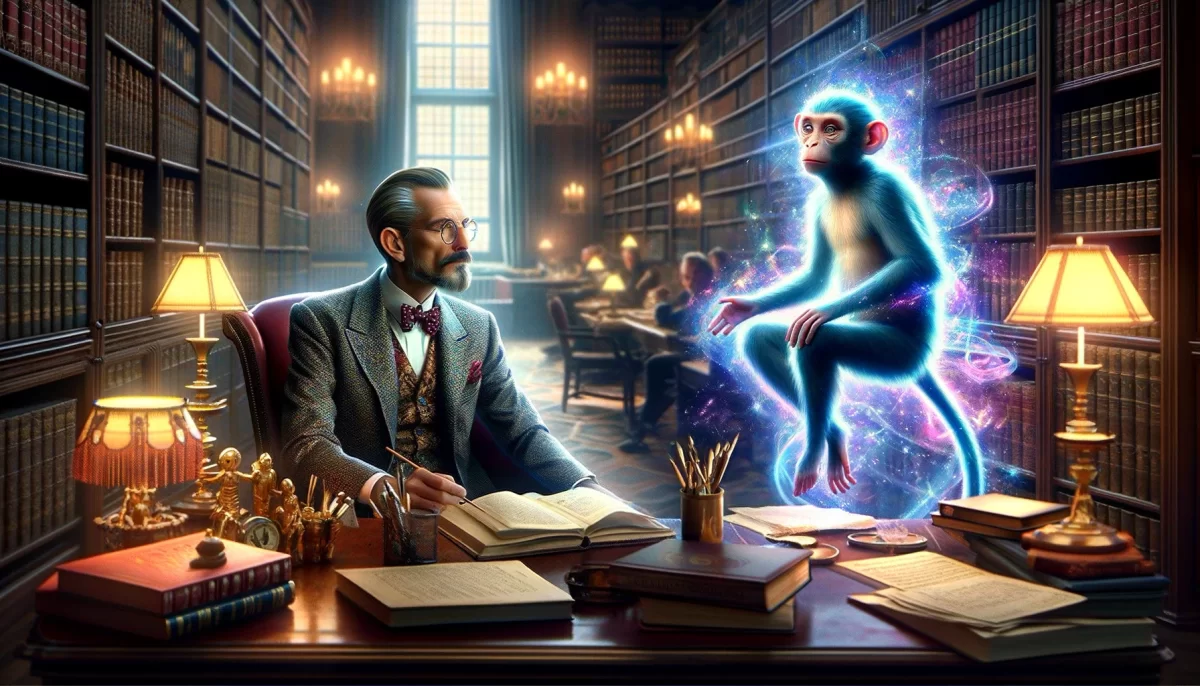


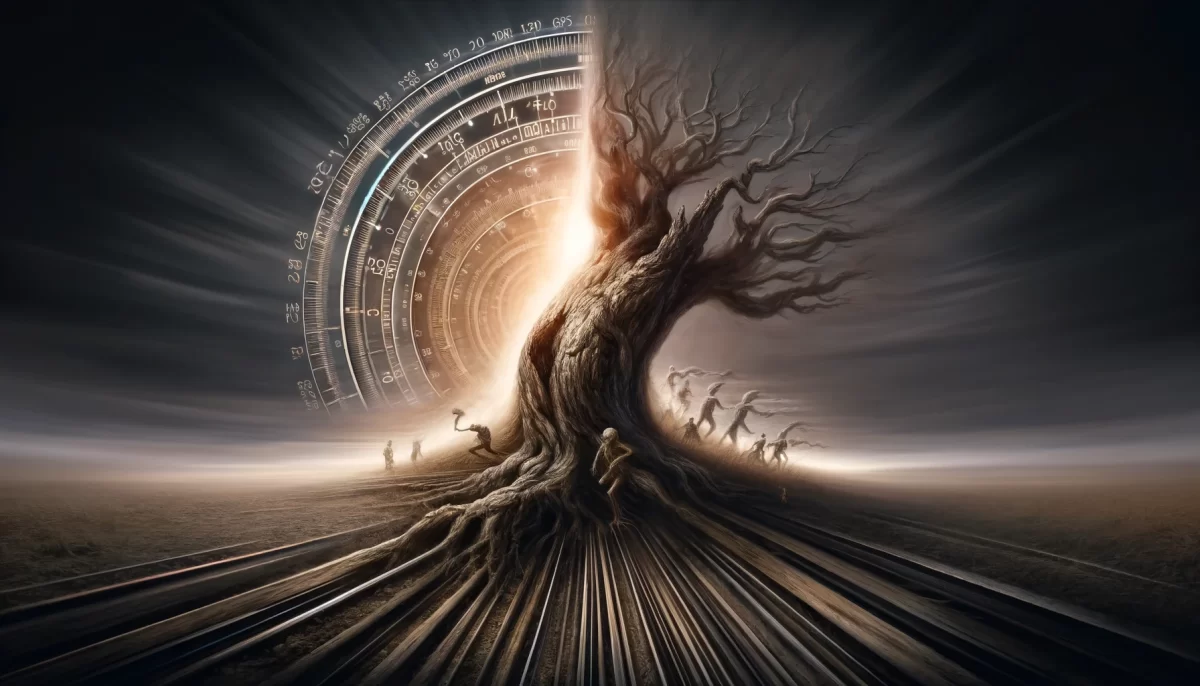

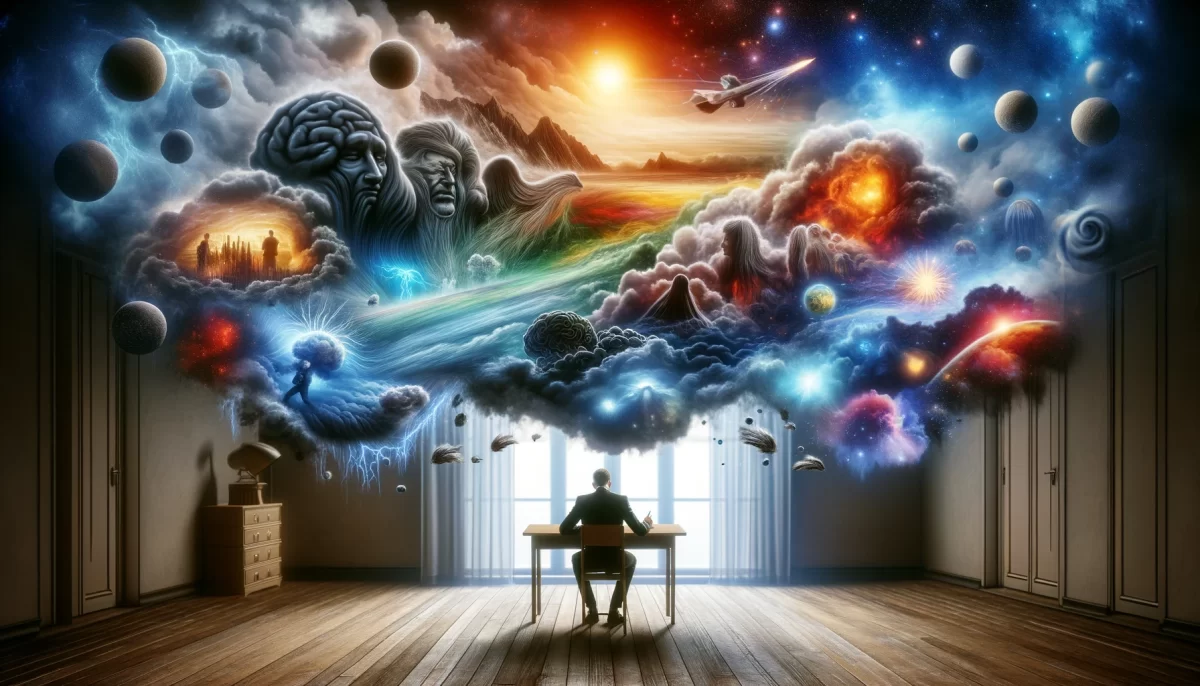
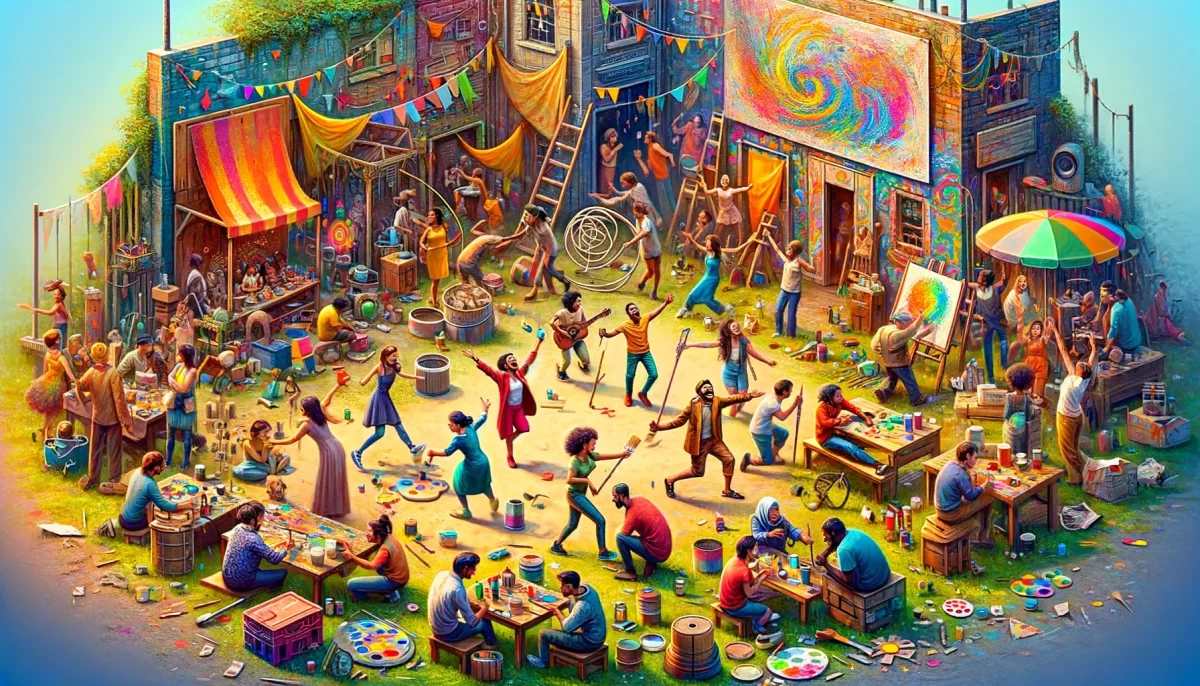
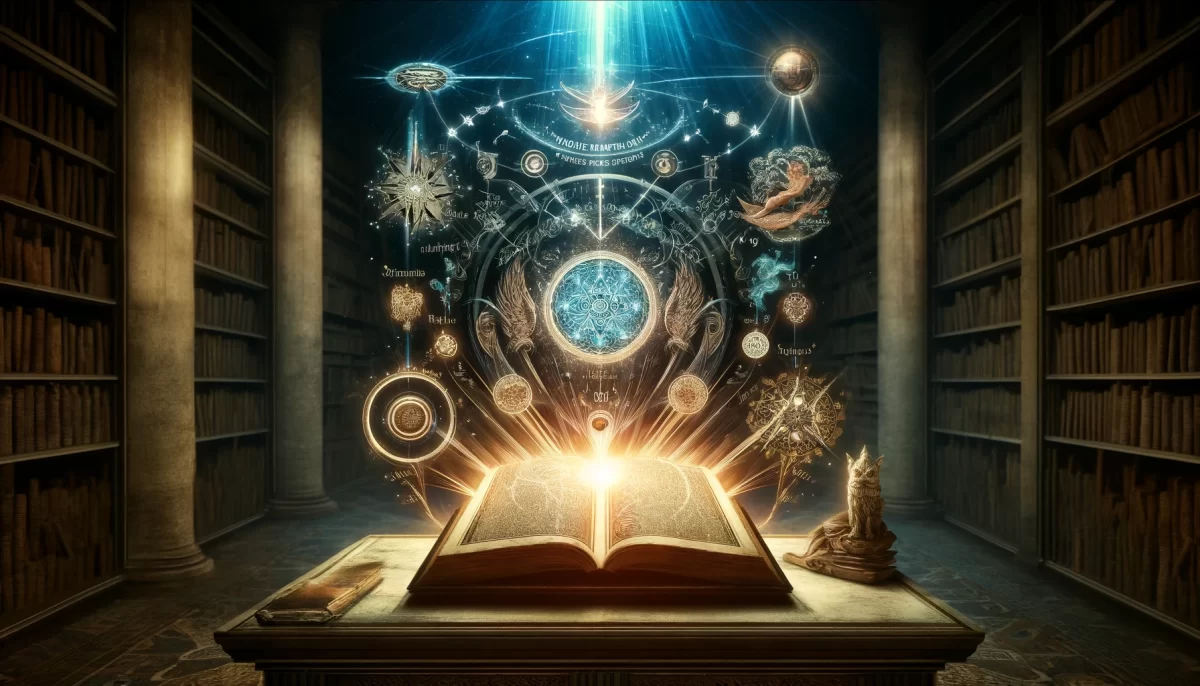

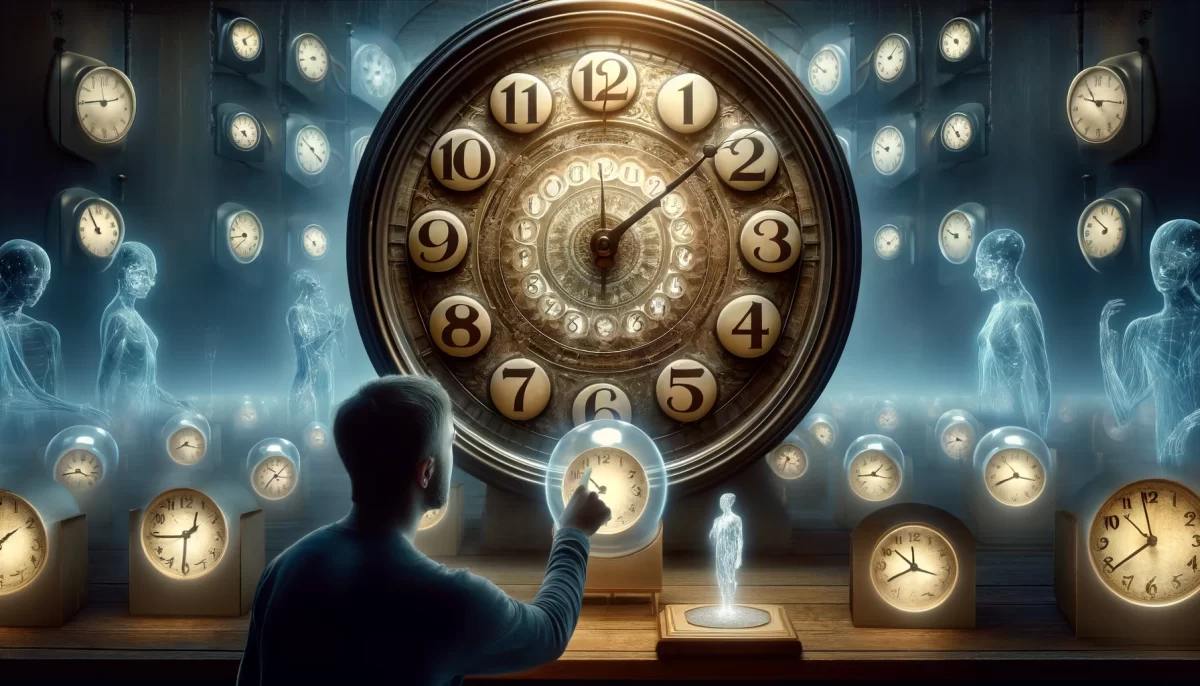
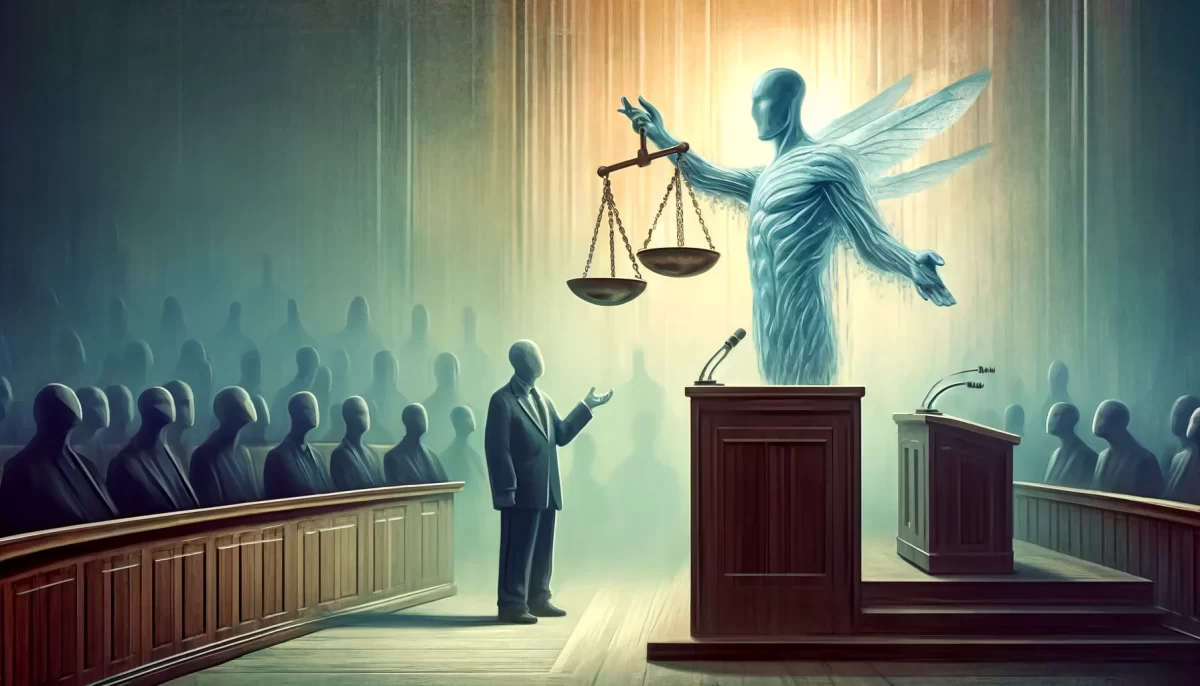

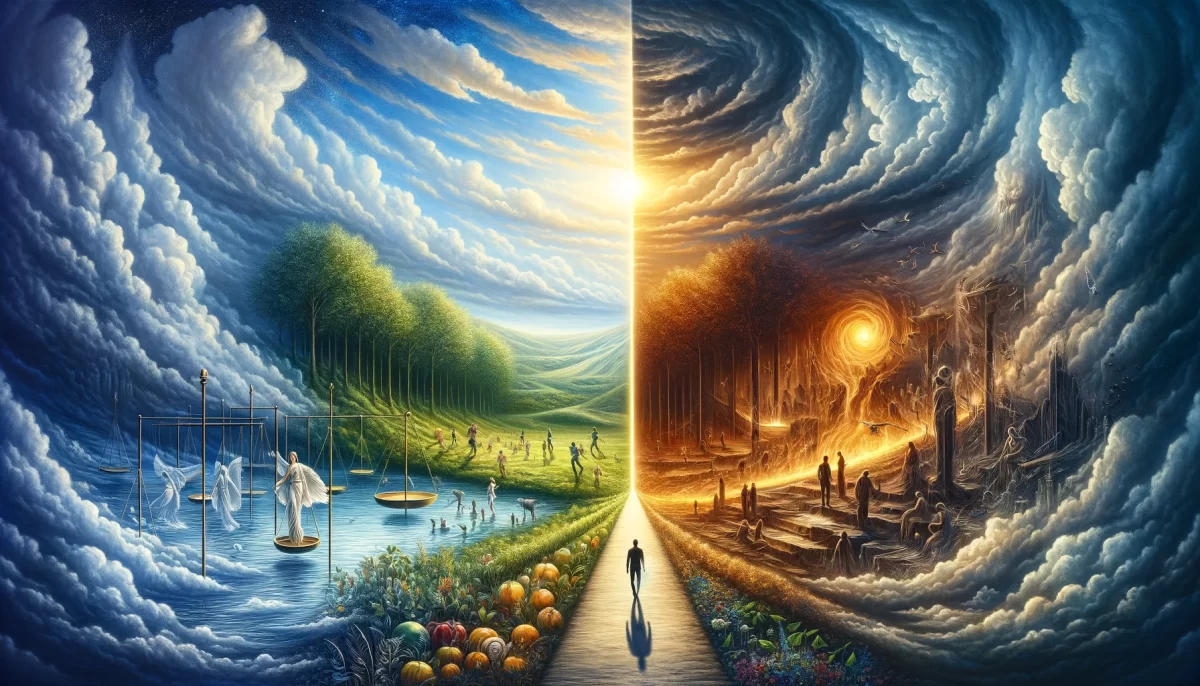


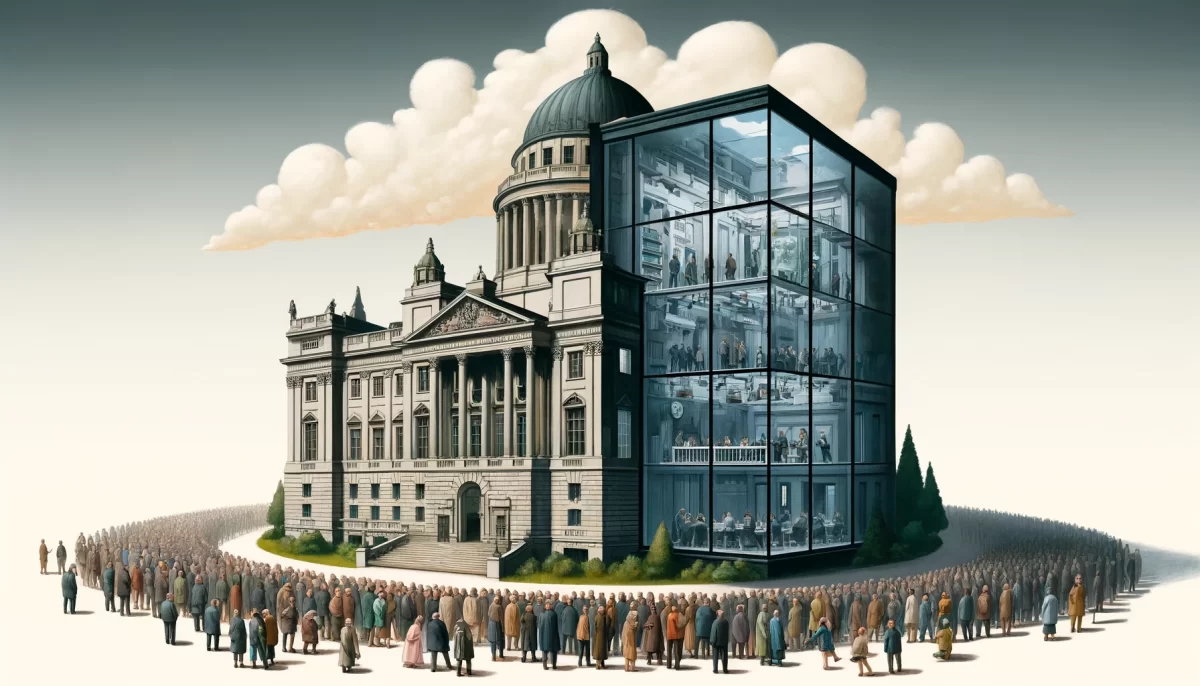
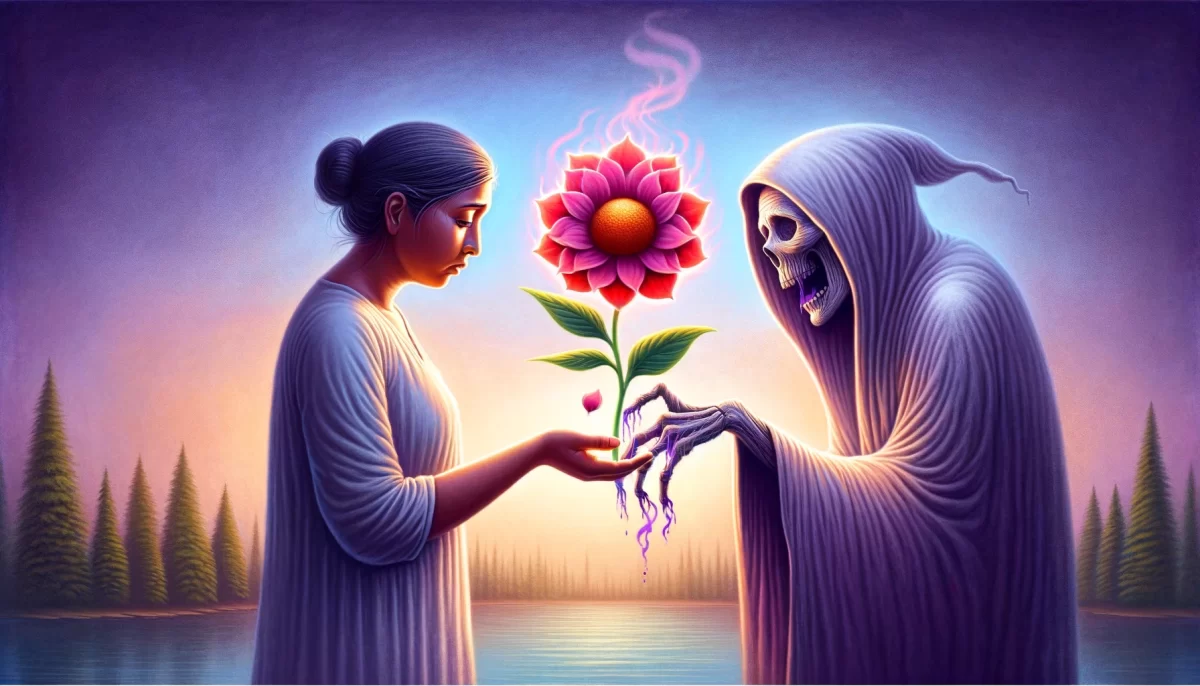
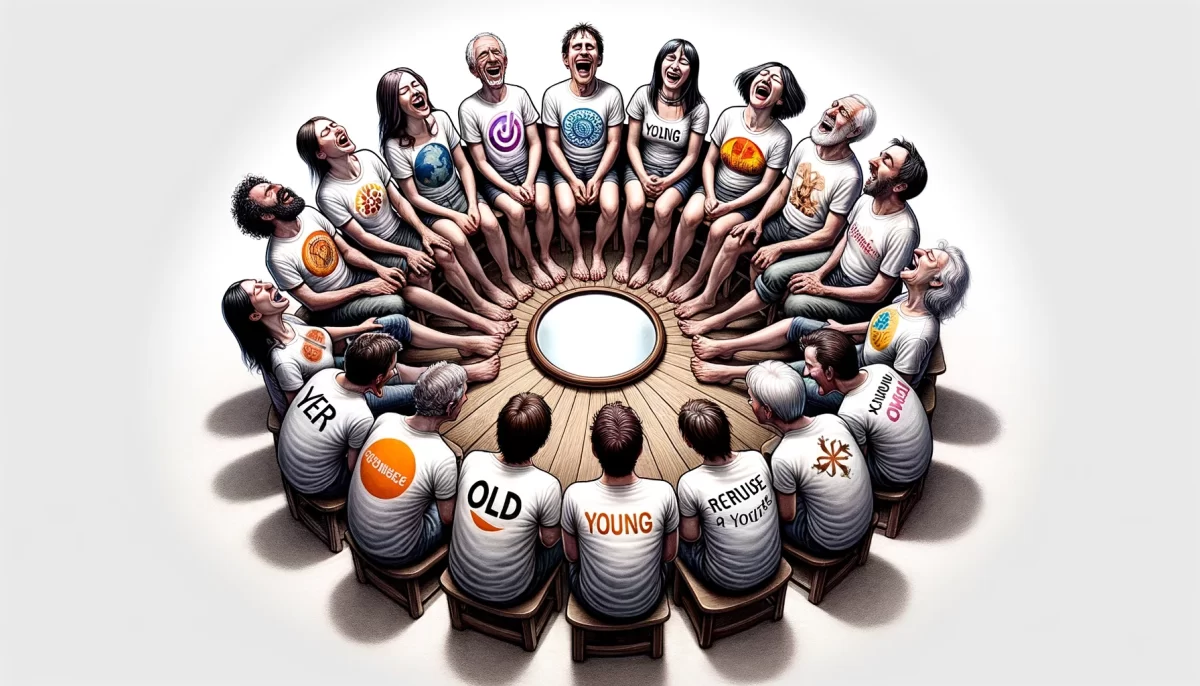




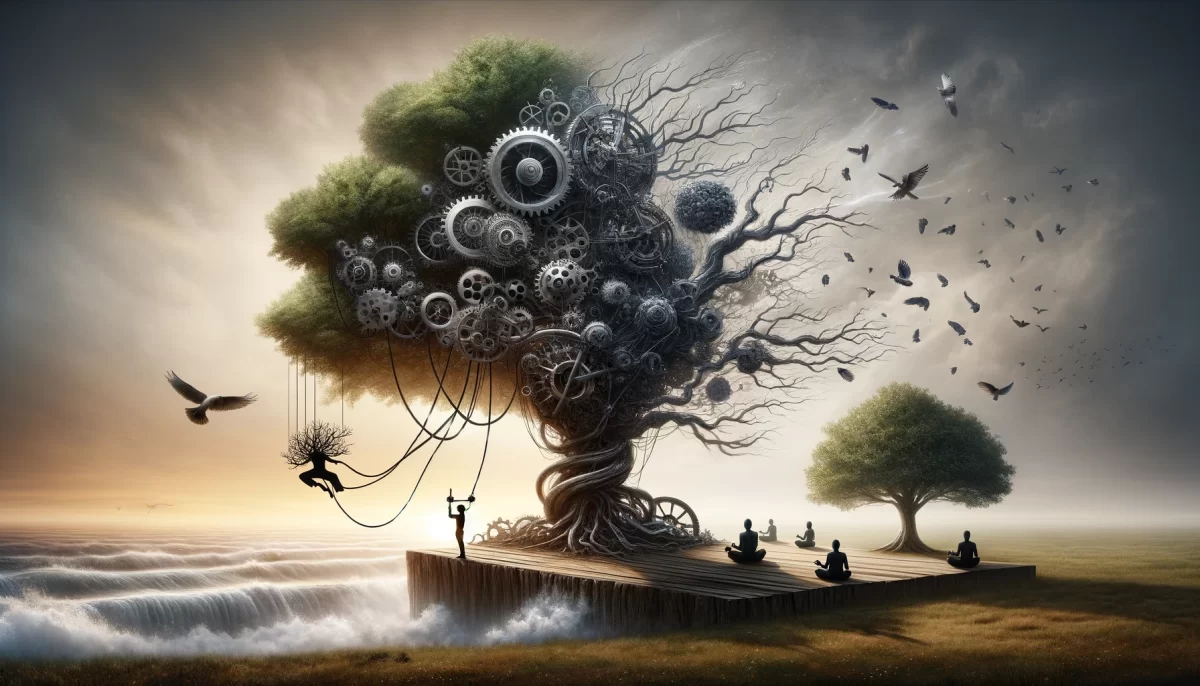

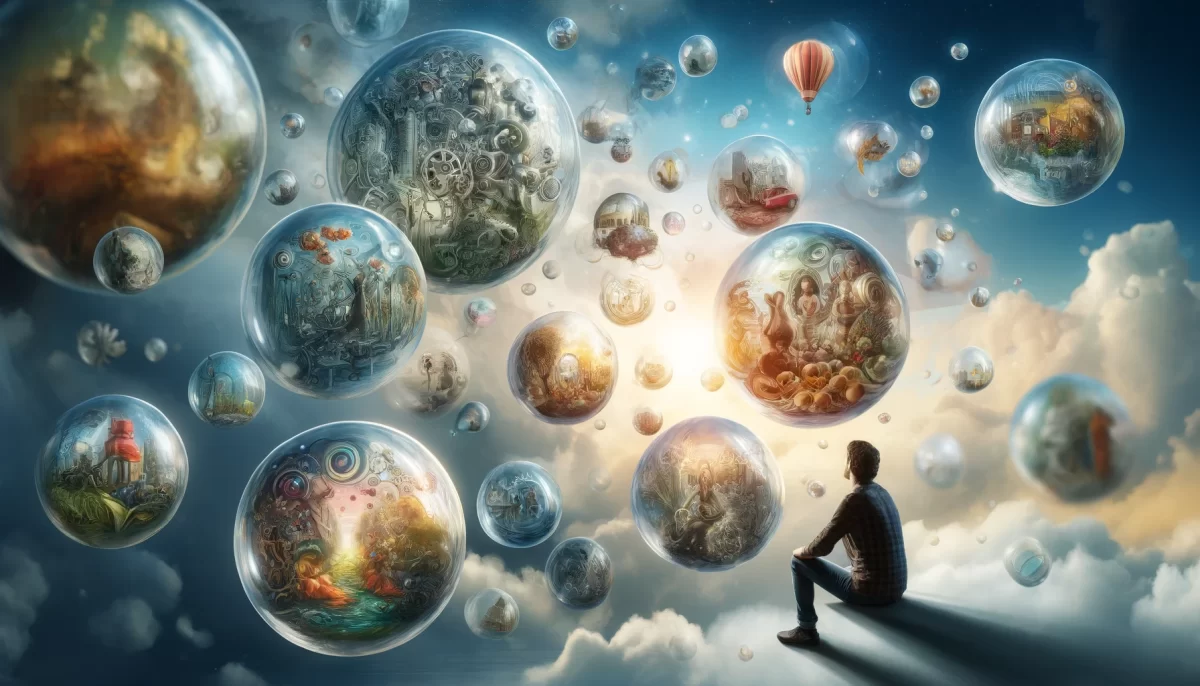





Leave a Reply